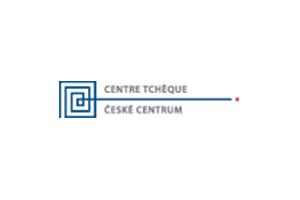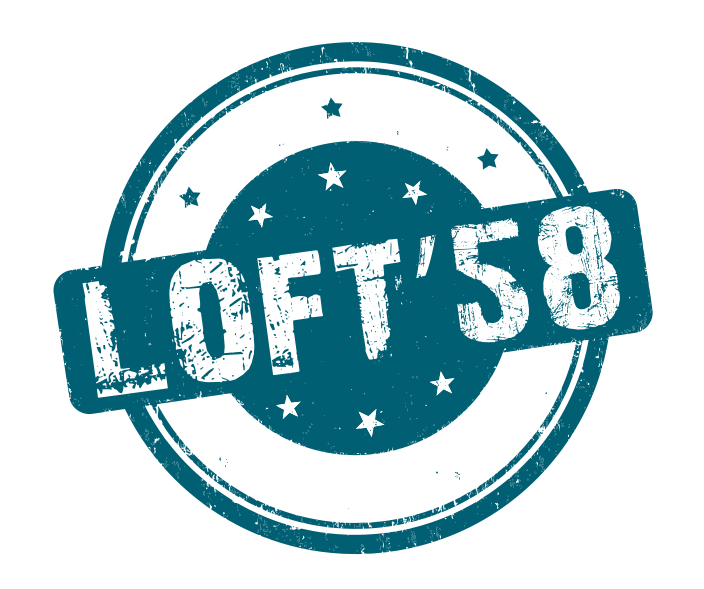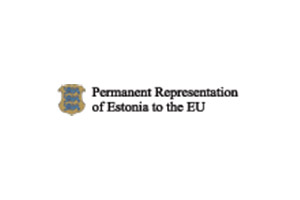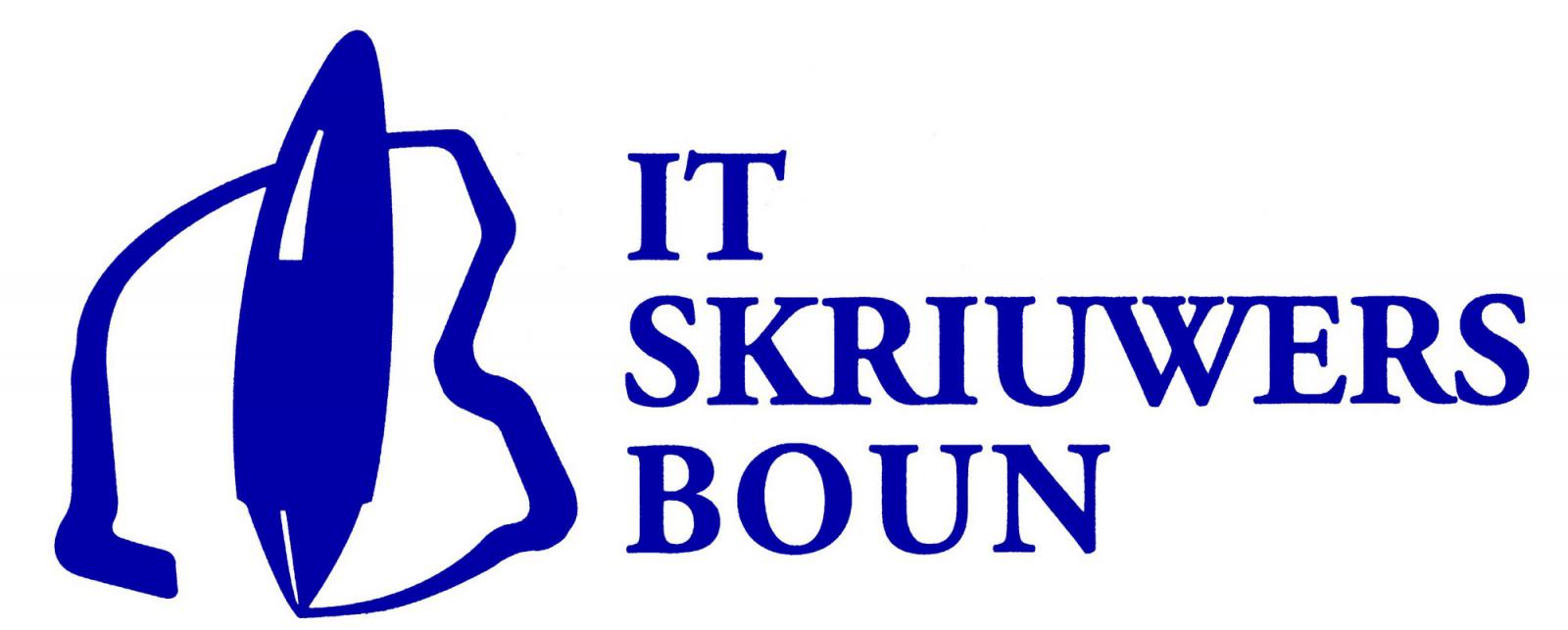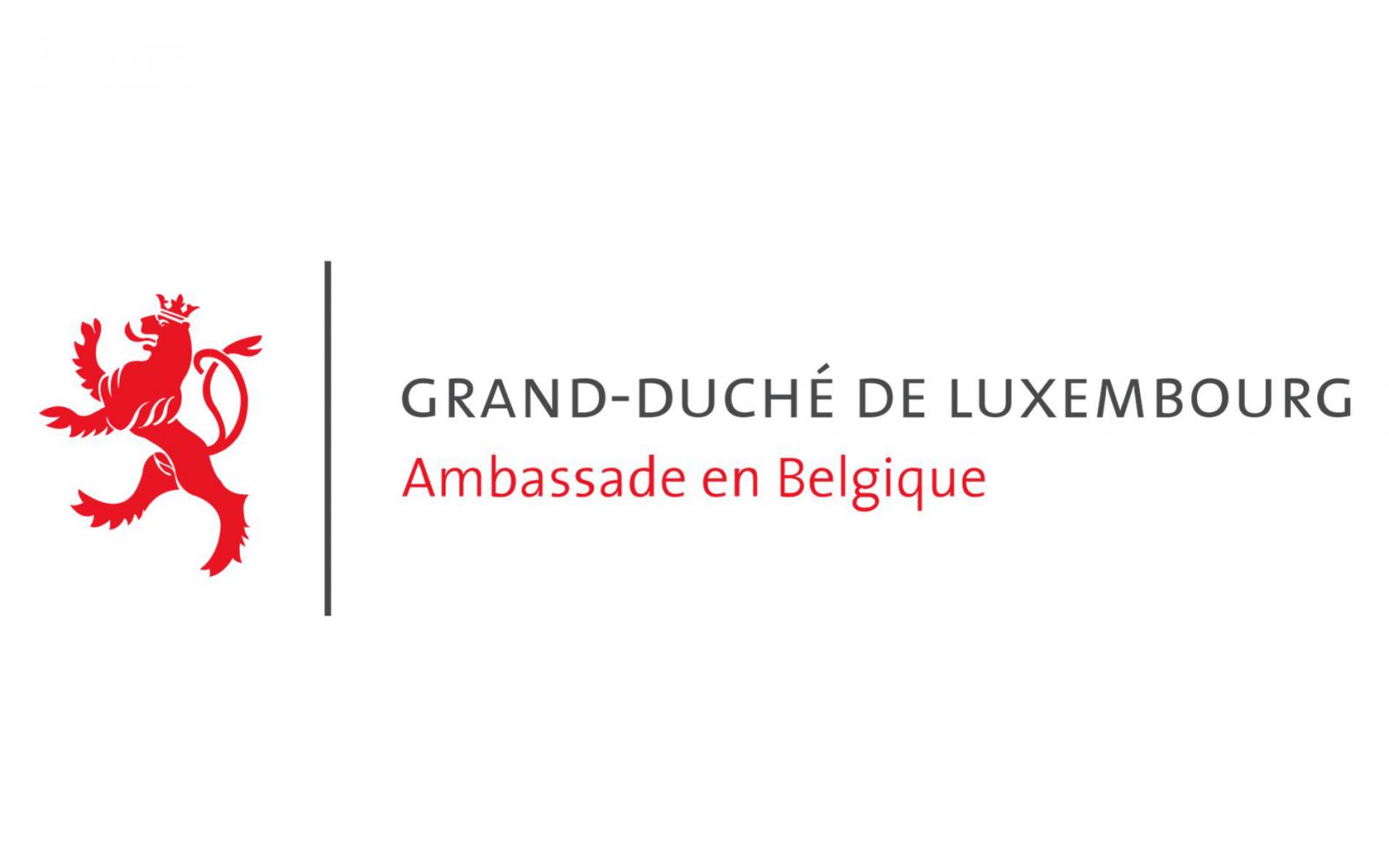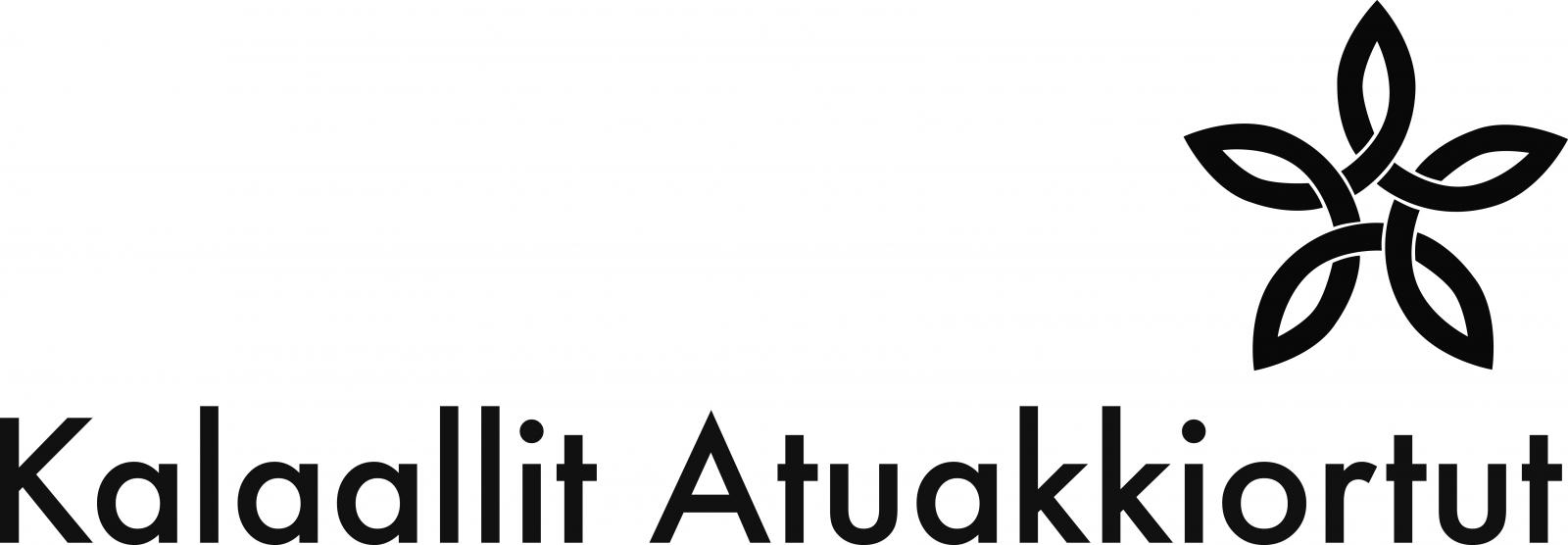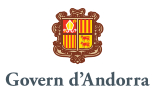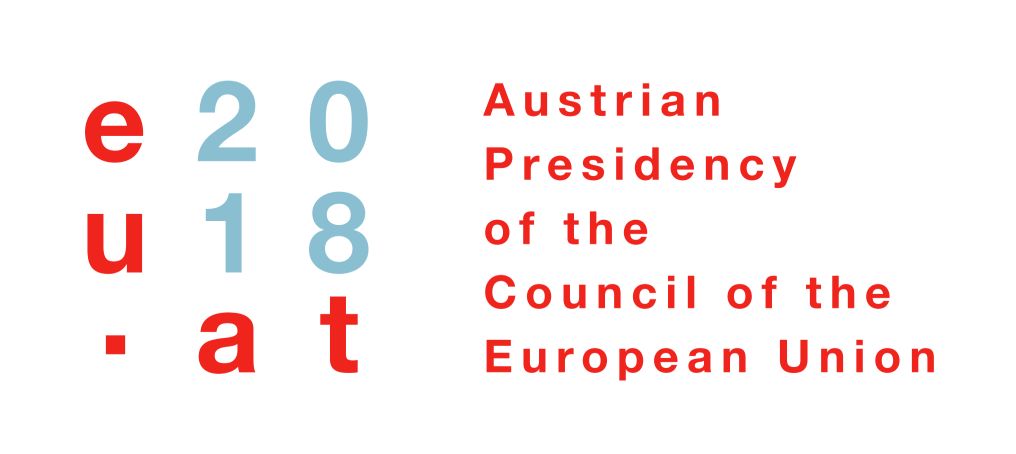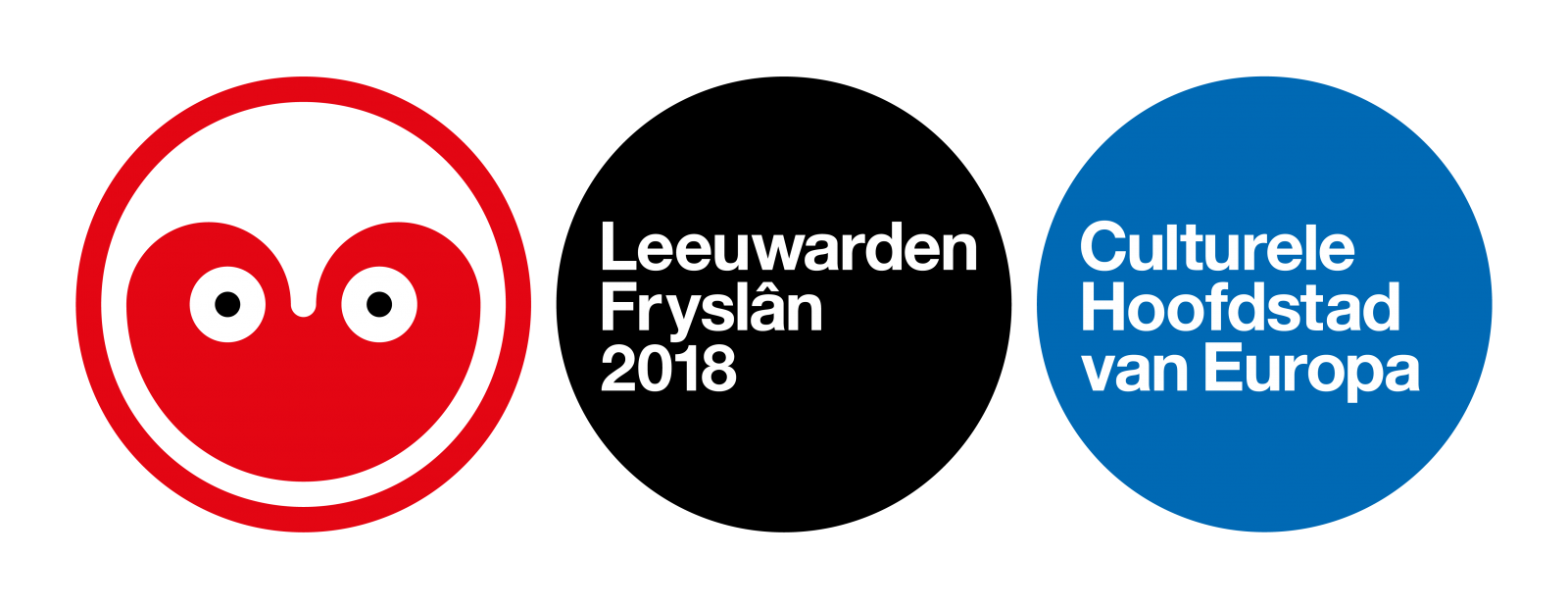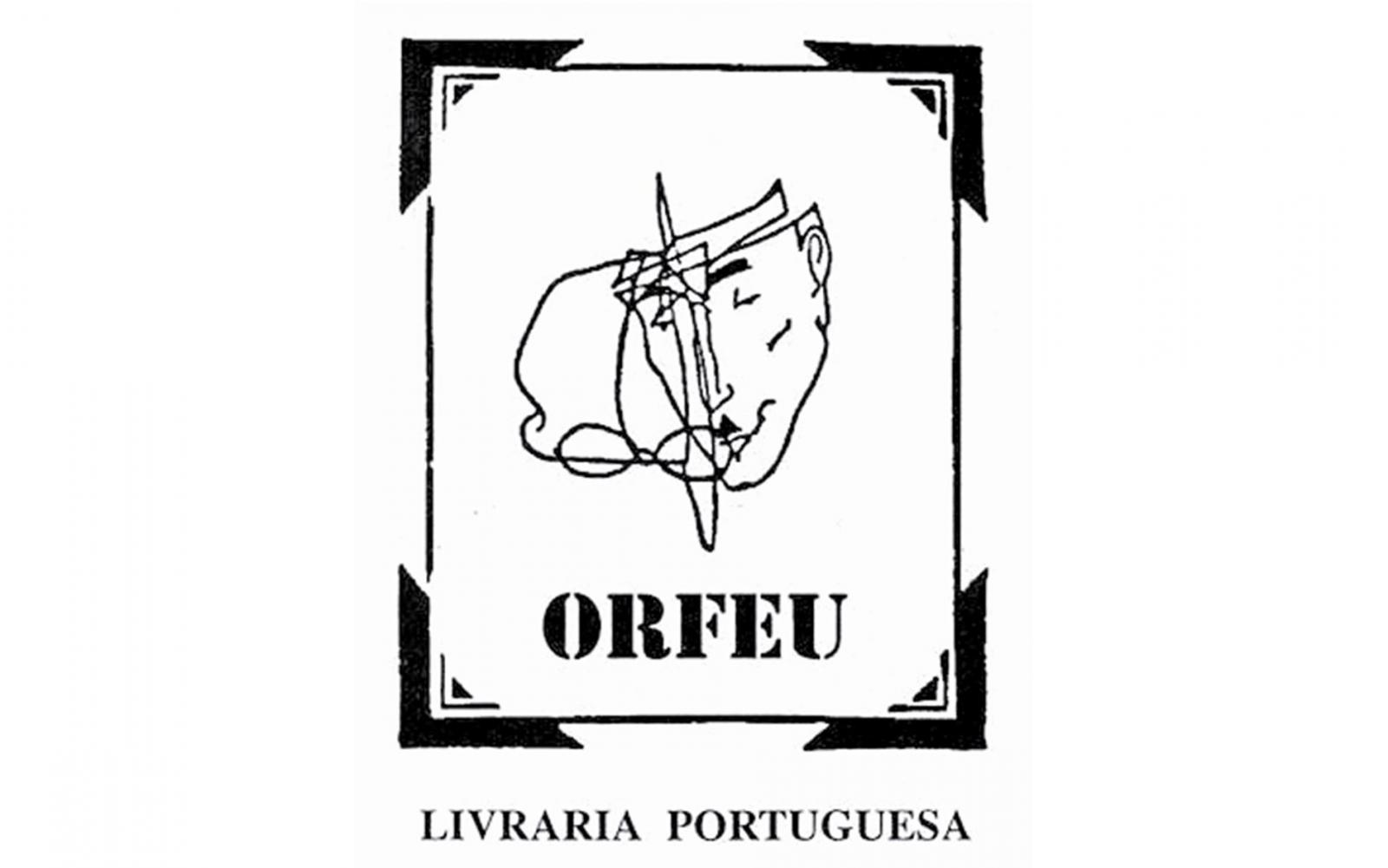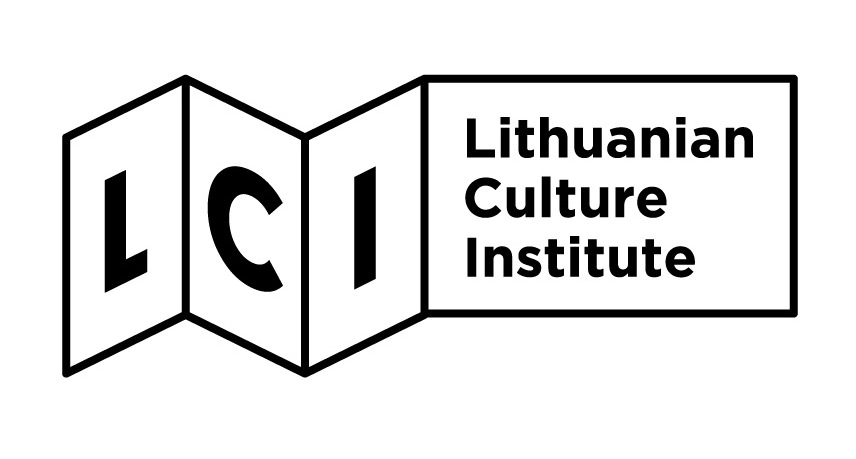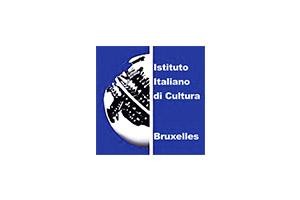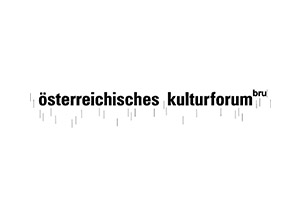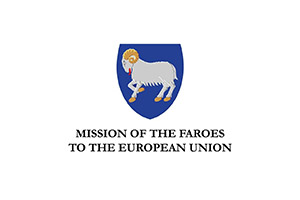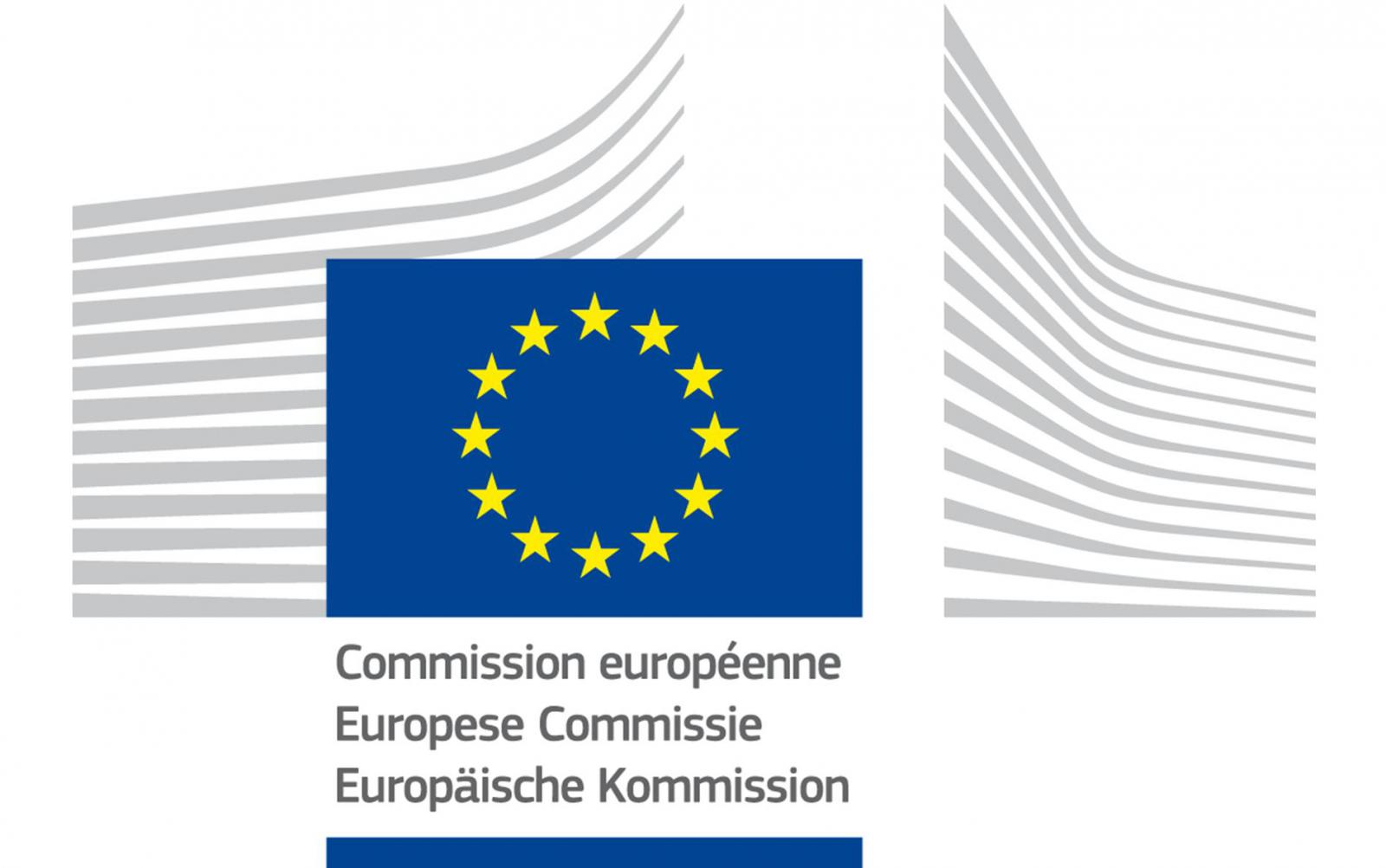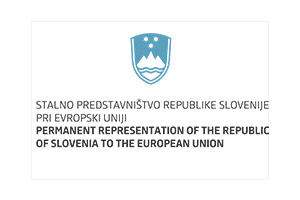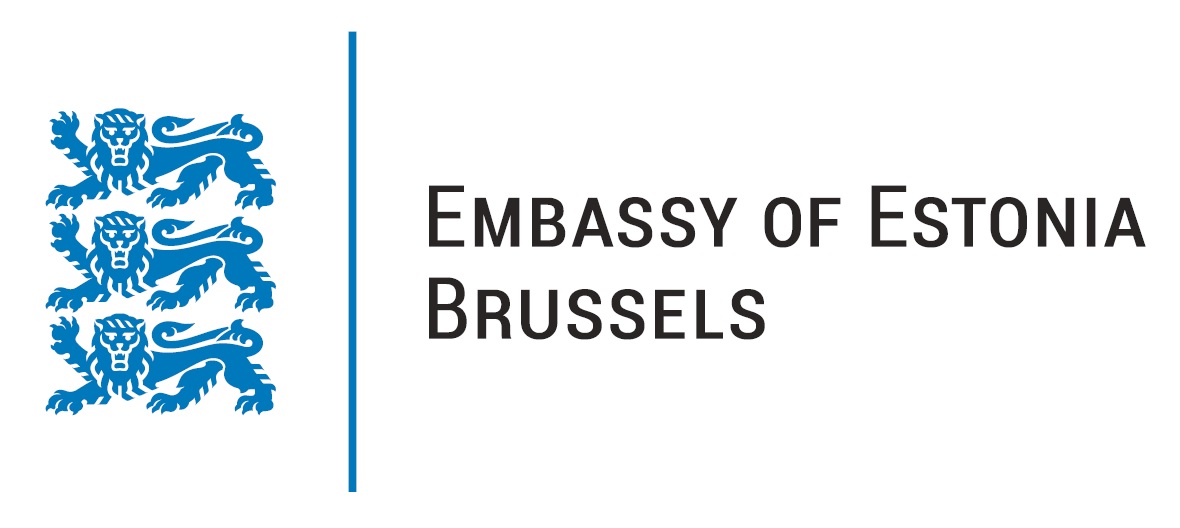Find a poem
Latest updates
-
TRANSPOESIE 2025
09/24/2025 -
Transpoesie 2025 - Programme
09/24/2025 -
Transpoesie 2025 - Open Call
04/16/2025
Taksometra rācija
Taksometra rācija
par viņa asinsriti telpā liecina vien taksometra rācijā atskaņota mājas adrese. prom vai pie, atbrauc vai aizbrauc, nav zināms, tikai skaidrs, ka piestās pie vārtiem, tikai skaidrs, ka durvis aizvērsies, durvis aizvērsies un tas vienmēr kā uz atvadām sastingušais skatiens.
kā var cilvēks būt tik viens, viens tā kā telpa, par kuru jāmaksā vēl savus divdesmit piecus gadus.
nevar neko piebūvēt, nevar arī aizvērt un doties verandu Katmandu nomalē pirkt.
par viņa asinsriti telpā liecina adrese.
taksī varētu atstāt zīmīti:
„lai tev labi,” jo simts punkti šis dzeltenais auto ir nākamais, kas tur brauks garām.
bet nav īstais gadsimts privātu labvēļu ziņām, un tīrā veidā ir divas iespējas kā to pateikt – pastiept pirkstus un piedot (un iemantot mirklīgu mieru) vai arī ar zobiem aiz cīpslu trosēm pievilkt cauri tumsai klāt gaišo miesu un plosīt, līdz rīts abus samaltos vieniniekus iekausē pavisam jaunā lietā, pasūta taksi uz staciju, pārdot kādam, kas nākamā mirklī šķērso nedrīkstot sliedes.
Taxi radio
the only evidence of his blood flow in space is the address pronounced on the radio. to or from, coming or going, not idea, can only be sure it will stop by the gate, can only be sure that the door will open and close and can only be sure of that gaze frozen as if always saying good-bye.
how can a person be so alone, alone as the space for which payments will have to be made for twenty-five years or so.
no additions to be built, no closing it and going to Katmandu to buy a veranda.
evidence of his blood flow in space is an address.
one could leave a note in the cab:
“take care,” for a hundred percent this yellow car is the next one to pass by there.
but it is not the century for private well-wishers and there are only two ways to say it – stretch out your hand and forgive (earning instant peace) or to bite into the cables of veins to drag close the light flesh through the dark and tear at it until the morning blends the two ravaged loners into a completely new object and calls the taxi to the station to sell it to someone who at the very next instant crosses the tracks without being allowed.
Translated from the Latvian by Ieva Lešinska
Published in: Six Latvian Poets. UK: Arc Publications, 2011

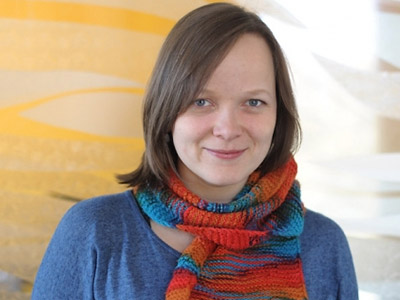
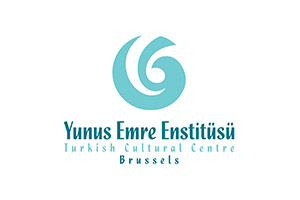
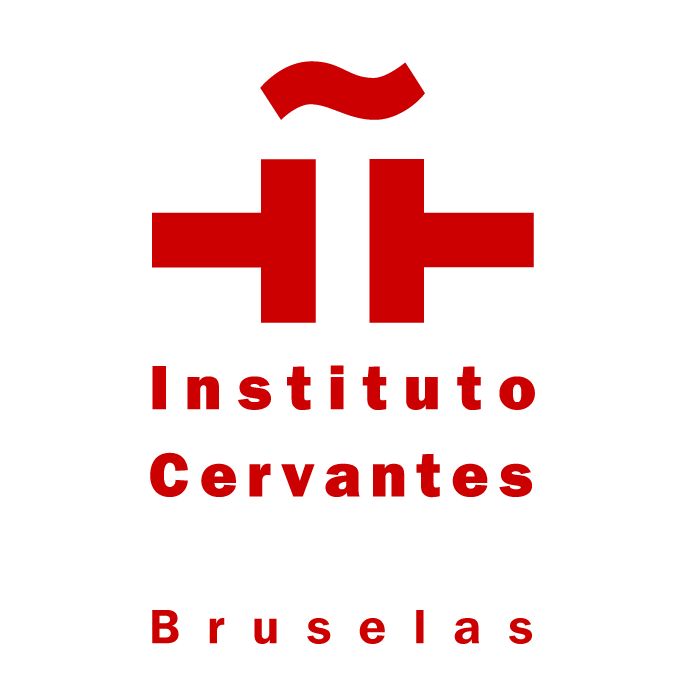
/RO - on the website.png)



